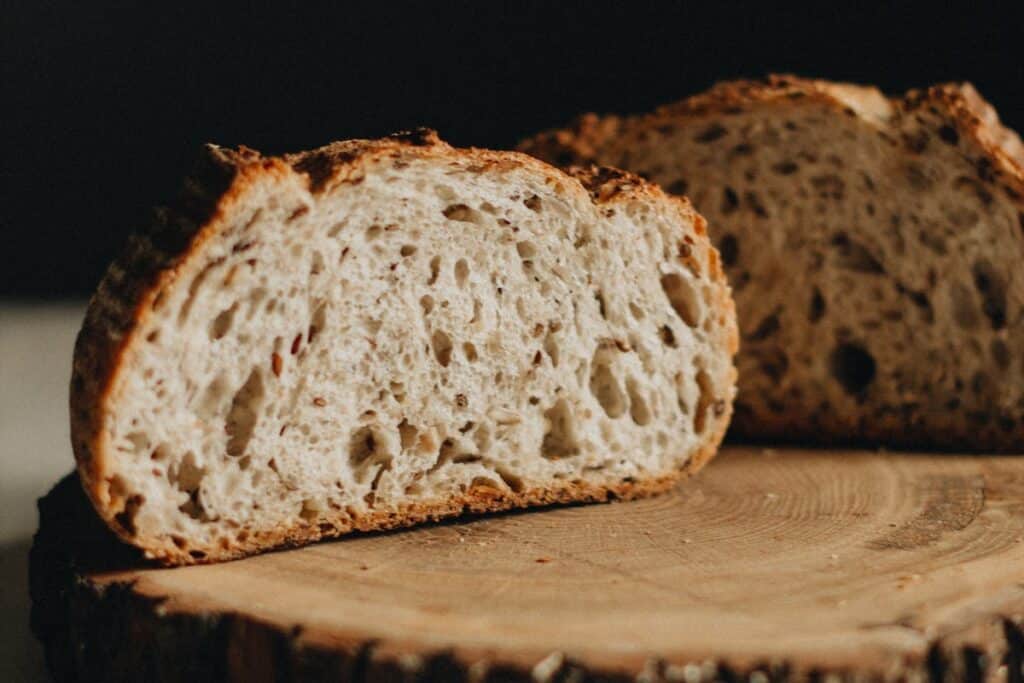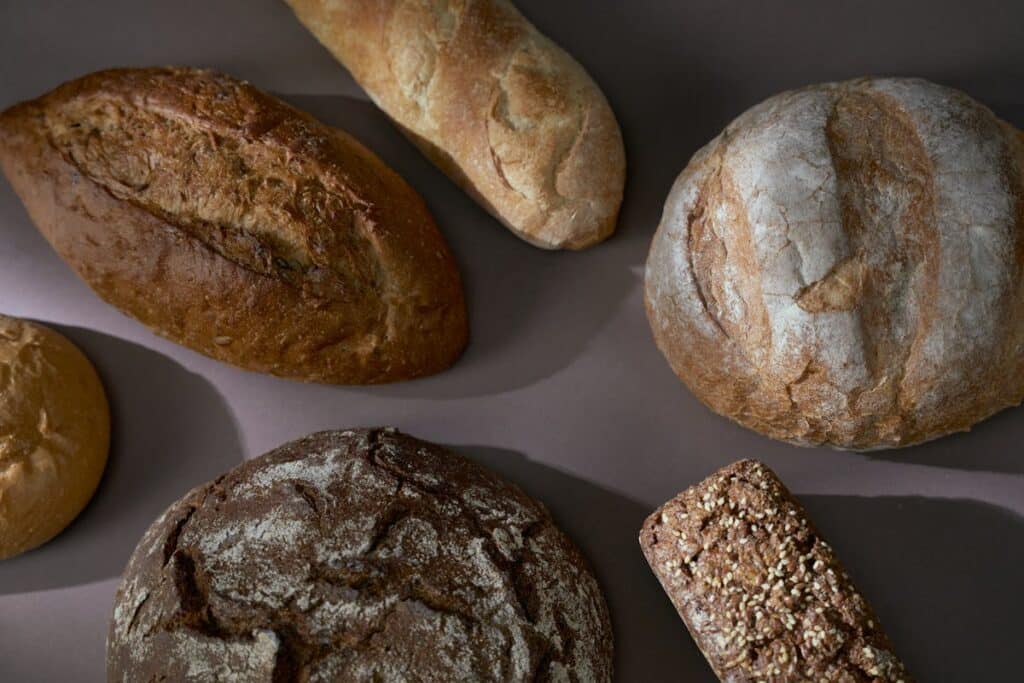
If you’ve been wandering the perplexing maze of weight loss advice, you’ve likely been hearing rumors about the relationship between sourdough bread and shedding pounds. Let’s cut to the chase. Does sourdough bread contribute to weight loss? We’re here to answer this question by dissecting the facts and figures, separating the wheat from the chaff, if you will.
Does sourdough bread’s nutritional profile support weight loss?
On the surface, sourdough bread doesn’t look too different from other bread types. It contains wheat flour, water, salt, and a live fermented culture instead of commercial yeast. It’s this last ingredient that makes sourdough unique and more beneficial than most breads. The fermenting process pre-digests the flour, reducing the need for your body to do all the work. The result? Easier digestion and absorption. This makes sourdough a popular choice for those seeking healthier, more digestible food options.
Is sourdough bread’s effect on metabolism an advantage?
What about metabolism, that all-important engine driving our weight loss journeys? With its lower glycemic index compared to other bread types, sourdough bread causes a slower, steadier rise and fall in blood sugar. This can help in maintaining more balanced energy levels and a reduced likelihood of sugar crashes. Such crashes often stimulate cravings for quick energy boosts, leading to unhealthy snacking.
What role does sourdough bread play in satiety?
Did you know that when your stomach sends satiety signals to your brain, you’re less likely to overeat? Sourdough bread is known for encouraging satiety, thanks to its higher fiber content and the slow-releasing energy from its complex carbs. Eating sourdough bread can help you feel full longer, curbing hunger pangs that might otherwise lead to poor dietary choices.

What should you consider when including sourdough bread in your diet?
Let’s not sugar-coat things. Sourdough bread is still bread. It’s relatively high in carbs and can pack a caloric punch if portions are uncontrolled. Those with certain dietary restrictions or food sensitivities, like Celiac disease or gluten intolerance, should still avoid sourdough. So while it’s a step up from regular breads, moderation is still key.
The bottom line? Not all sourdough bread is created equal! When incorporating sourdough into your diet, choose whole grain options and avoid those packed with extra sugars or lower quality ingredients. Combining sourdough with a balanced, nutrient-dense diet and regular physical activity will yield the best results.
Final Word
Sourdough bread isn’t a magic bullet for weight loss. Instead, it’s a potentially useful tool in your nutritional arsenal, offering a healthier alternative to many commercial breads, easing digestion, stabilizing blood sugar levels, and promoting satiety. Distinguishing fact from fad in our daily diets means more informed choices and ultimately, better health outcomes. Always eat smart, friends!





